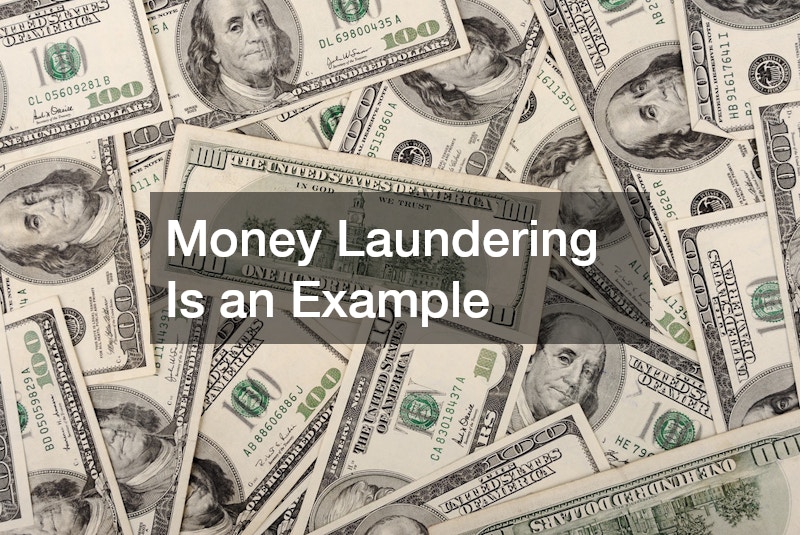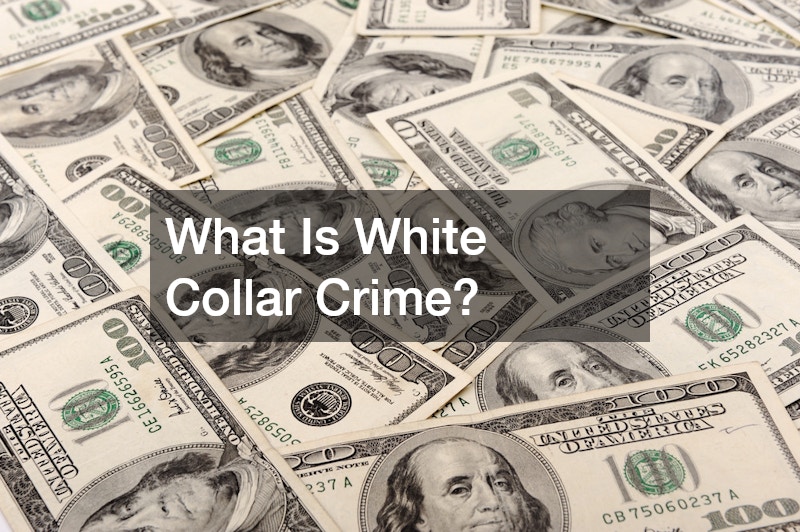White collar crime is a broad term used to describe a range of non-violent crimes committed primarily in corporate, financial, and government environments. These offenses typically involve deceit, concealment, or violation of trust for the purpose of financial gain. While the term “white collar” originally referred to the professionals in these sectors who traditionally wore white, buttoned-up shirts to work, it now extends beyond attire, focusing on the nature of the crimes themselves. White collar crimes can have far-reaching consequences, affecting individuals, businesses, and even entire economies.
Characteristics of White Collar Crime
One of the defining characteristics of white collar crime is the absence of physical violence. Unlike crimes such as robbery or assault, which involve force or the threat of force, white collar crimes are typically committed through deception, manipulation, or the exploitation of trust.
This makes the crimes less visible and often harder to detect.
White collar criminals are usually individuals in positions of power or authority, such as executives, business professionals, or government officials. These individuals have access to sensitive information and control over financial resources, making it easier for them to commit fraudulent activities without immediate detection.
A key component of many white collar crimes is the violation of trust. Whether it’s embezzling funds from a company or defrauding investors, the criminals often exploit their positions of trust to achieve their goals. This betrayal can lead to significant financial and emotional harm for the victims.
Common Types of White Collar Crime
White collar crime encompasses a variety of illegal activities. Some of the most common types include:
1. Fraud
Fraud is a broad category of white collar crime that involves deception for personal or financial gain. There are numerous types of fraud, including securities fraud, insurance fraud, and mortgage fraud. Securities fraud, for instance, involves misleading investors about a company’s financial situation to manipulate stock prices. This can lead to significant financial losses for investors and damage to the company’s reputation.
2. Embezzlement
Embezzlement occurs when someone entrusted with handling another person’s or entity’s money or property misappropriates it for personal use. This type of crime is common in corporate environments where employees have access to company funds. Embezzlement can range from small-scale thefts over a period of time to large-scale frauds involving millions of dollars.
3. Money Laundering
Money laundering involves disguising the origins of illegally obtained money to make it appear legitimate. Criminals use a series of complex financial transactions to “clean” the money, making it difficult to trace. Money laundering is often associated with organized crime, but it also occurs in corporate settings where individuals or groups seek to conceal illegal profits.
4. Insider Trading
Insider trading involves trading stocks or other securities based on confidential information that is not available to the public. For example, if a corporate executive knows that their company is about to release a disappointing earnings report, they might sell their shares before the report is made public to avoid financial losses. Insider trading is illegal because it gives an unfair advantage to individuals who have access to privileged information, harming other investors and undermining market integrity.
5. Bribery and Corruption
Bribery occurs when someone offers or receives something of value in exchange for influence or actions that benefit the person offering the bribe. Corruption, often seen in governmental contexts, involves the abuse of power for personal gain. Both bribery and corruption can distort markets, undermine public trust, and lead to significant economic consequences.
Consequences of White Collar Crime
White collar crime may not involve physical harm, but its consequences can be just as devastating, if not more so. The financial loss suffered by victims can be enormous. In some cases, individuals lose their life savings due to fraudulent schemes, while businesses may go bankrupt due to embezzlement or insider trading. The ripple effect can extend to employees, customers, and even entire industries.
Beyond the financial impact, white collar crime can erode public trust in institutions. When corporate executives or government officials engage in corrupt practices, it creates skepticism and cynicism among the public. This lack of trust can undermine the legitimacy of businesses and governmental bodies, leading to long-term damage to the economy and society.
White collar crimes can also carry severe legal consequences for the perpetrators. Individuals found guilty of white collar crimes may face hefty fines, long prison sentences, and a permanent criminal record. In some cases, they may also be required to pay restitution to their victims. In recent years, there has been an increased focus on prosecuting white collar criminals, with governments around the world taking a tougher stance on financial crimes.
Watch the video above to learn more and contact a white collar crime lawyer today if you need!.




